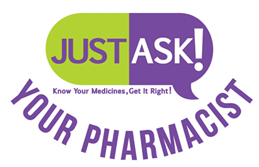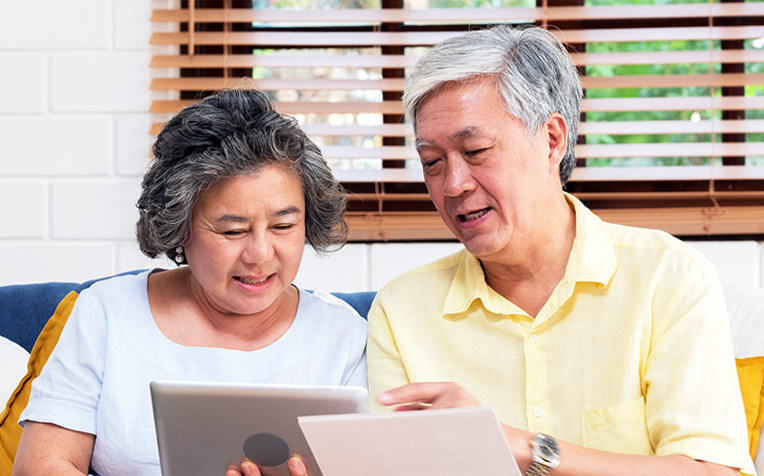
Self-medicating can lead to unwanted side effects and delay in seeking treatment for an actual medical problem.
Many of us have probably taken medicines that belonged to someone else, or even offered to share our medicines with someone in need.
Reasons for taking medicine belonging to someone else usually include: running out of supplies, thinking that the problem is trivial (e.g. just a headache or trouble sleeping) so there is no need to see the doctor or visit a pharmacy, or just to save time and money.
On the other hand, reasons for offering to share medicines include wanting to help (especially friends or family), or not wanting to waste medicine that is no longer used. In this Internet age, easy access to health information and increased confidence on self-diagnosis also contributes to self-medication.
Risk factors of sharing medicines
"If you share medicine without a clinical consultation, you might run the risk of taking medicines inappropriately, and facing serious consequences such as increased risk of side-effects, delay in seeking proper treatment, and dependence (especially for medicines with addictive potential)," says Khaw May Choo, Pharmacist from the
Pharmacy Department at
Singapore General Hospital (SGH), a member of the
SingHealth group.
Some examples of problems that inappropriate medicine-sharing can cause:
Possibility of life-threatening side effects
Mr Tan is allergic to aspirin and Mr Lee kindly offers to share his pain medicine – ibuprofen. Mr Tan takes two doses, and develops trouble breathing due to a life-threatening allergic reaction to the ibuprofen. This is because aspirin and ibuprofen belong to the same group of medicines called nonsteroidal anti-inflammatory drugs (NSAIDs).
Delay in seeking treatment for real/actual medical problem
Mdm Liew experiences gastric pain and asks for some prescription-only medicine called Omeprazole from her hairdresser Mr Wong, who has similar gastric symptoms. Mdm Liew’s pain resolves for several weeks, but then it recurs and when she decides to consult a doctor, she is diagnosed with stomach cancer.
Develop dependence on medicines with addictive potential
Mr Chua has leftover sleeping tablets prescribed by his doctor, which he is no longer taking. When his friend Mr Ong mentions he has been having trouble sleeping, Mr Chua passes him the leftover tablets. Mr Ong takes them daily, but finds that he is dependent on them and needs larger and larger doses to get to sleep.
Why you should avoid sharing all medicines
When and if you choose to share medicines with another person, you’re essentially removing the safety step where healthcare professionals diagnose a problem and provide individualised advice on appropriate treatment, such as what and how to take medicines, and what side-effects to watch out for.
Do note that the Medicines Act in Singapore states that the sale and supply of prescription-only medicines should only be carried out by appropriate practitioners (e.g. doctors, dentists and veterinary surgeons), therefore, the sharing of prescription-only medicines between individuals would be against the law.
So do remember: it is best to avoid sharing medicines even with the best of intentions. Whenever in doubt, please speak to a healthcare professional for advice. And if you’re left with a stash of unused medicines or if you’re not sure about how to dispose of expired or unwanted medicines, please ask your doctor or pharmacist for advice.
References:
1. Medicines Act (Chapter 176): Available at: http://www.hsa.gov.sg/content/dam/HSA/HPRG/Useful_Information_for_Applicants/Legislation/MEDICINES%20ACT.pdf

Ref: N18

















